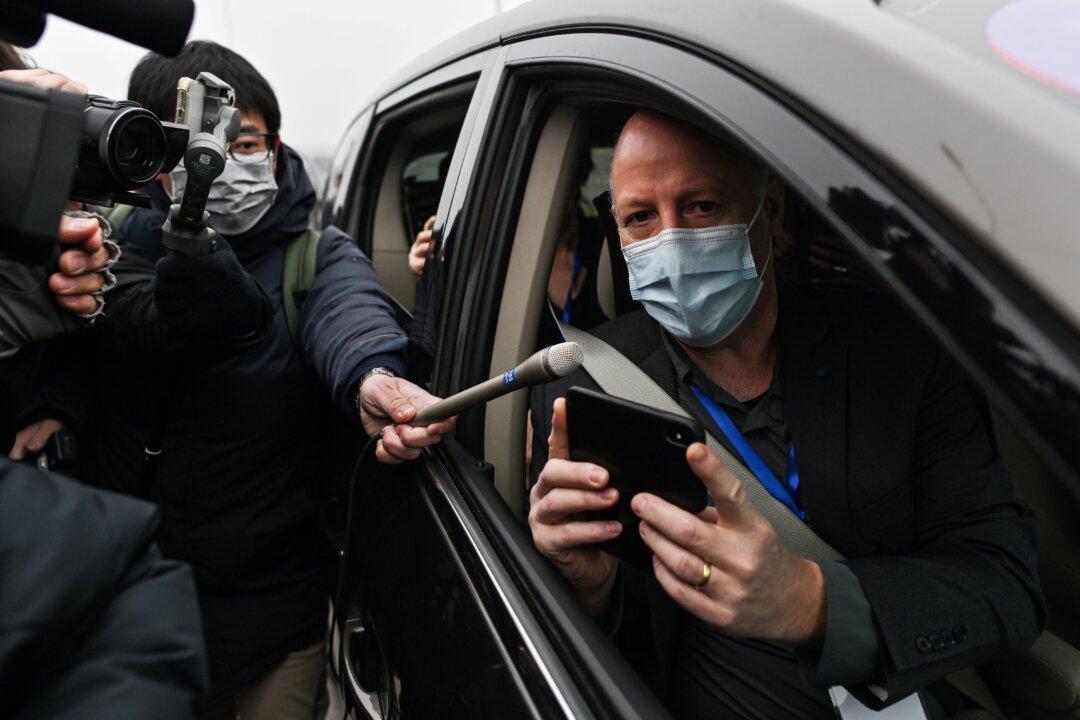Millions of federal dollars have continued flowing into EcoHealth Alliance, the New York-based nonprofit under heavy scrutiny for its role in funneling public money to a key laboratory in China for bat coronavirus research that many believe may have caused the COVID-19 pandemic.
On Sept. 21, the National Institutes of Health (NIH) issued three grants to EcoHealth to fund its Asia-based research into viruses that have the potential to infect humans and spark an outbreak, government records show. At a total of $2.76 million, the funding marks an increase of nearly $700,000 from the amount awarded in 2021, and is the largest sum the organization has received from the NIH in a single year.





